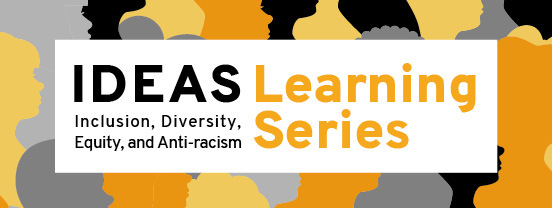
Learning Series 4A: Telehealth Accessibility for Patients with Hearing Loss - November 27
Recorded On: 11/27/2023
-
Register
- User - Free!
This is part of the Advancing Health Equity Through Telehealth: AAMC Learning Series.
With the rapid rise in telehealth services since the COVID-19 pandemic and the stabilizing rates of utilization in the past year, telehealth has become a modality of care that is here to stay. Telehealth has brought many benefits to healthcare, especially for patients who face barriers to accessing care, such as limited mobility, lack of transportation, inability to miss work or find childcare, rurality, and limited access to specialists. However, telehealth can also pose challenges for patients with vision, hearing, and communication disabilities, who may not be able to hear, see, or understand the provider over video or audio.
This session will feature a panel of esteemed professionals and advocates working to ensure that patients with hearing loss (identifying as Deaf or Hard of Hearing) can access telehealth services. The discussion will include an overview of the Americans with Disabilities Act (ADA) and its requirements for accessible telehealth services, address the challenges that patients with hearing disabilities face when accessing telehealth, and cover strategies for making telehealth more accessible for this patient population.
Objectives:
- Provide an overview of the Americans with Disabilities Act (ADA) and its requirements for accessible telehealth services for patients with hearing disabilities.
- Discuss the challenges that patients with hearing loss disabilities face when accessing telehealth.
- Share strategies for making telehealth more accessible to these patients, such as:
- Using accessible telehealth platforms and devices.
- Providing American Sign Language Interpreters, captioning and other accommodation services for patients as requested.
- Ensuring that all types of communication is accessible in all phases of telehealth service.
- Training staff on how to provide accessible care.
- Promote the importance of ensuring that all patients have equal access to telehealth, regardless of their disability.
Register for other sessions in the series as they become available here. Please note that you may participate in multiple forums or choose individual sessions to attend.
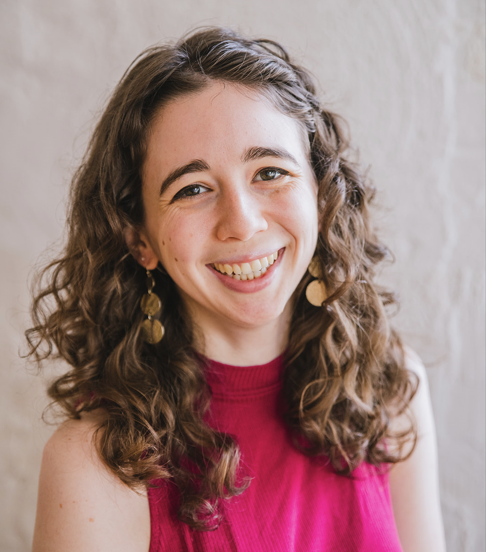
Natalie Lawson, MHSA (Moderator)
Senior State Policy Analyst, Georgetown
Natalie Lawson is a Senior State Policy Analyst with the Georgetown University Center for Children and Families, a non-partisan research center focusing on increasing access to health care coverage, specifically Medicaid and CHIP. She began her career as a community mental health social worker in Chicago for low-income adults with severe mental illnesses and substance use disorders. Natalie went on to hold various positions relating to health and behavioral health, including research and analysis at policy advocacy non-profits and working on federal and state technical assistance contracts. Prior to her current role, she was a Graduate Research Associate on the Healthy Michigan Project examining the impact of Michigan's Medicaid expansion in the state and an intern at the Center for Health and Research Transformation. Natalie holds an MHSA from the University of Michigan School of Public Health and a BS in Psychology from Loyola University Chicago.
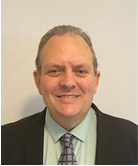
Tony Davis, MSW
Accessibility Resources Program Manager, North Carolina Division of Services for the Deaf and Hard of Hearing
Tony Davis, MSW is the Accessibility Resources Program Manager for the North Carolina Division of Services for the Deaf and the Hard of Hearing, North Carolina Department of Health and Human Services. Tony received his Master’s Degree in Social Work from Gallaudet University. He has over 25 years of work experience in the health and human services field. His passion is breaking down barriers that impede communication access for Deaf, Hard of Hearing and DeafBlind populations and assistive technology of all types. Among the biggest accomplishments of the Accessibility Resources Program Team at DSDHH which he manages is the creation of a suite of telehealth guidance materials created for Deaf, Hard of Hearing and DeafBlind Patients, Patient Companions, American Sign Language Interpreters and Healthcare Providers.
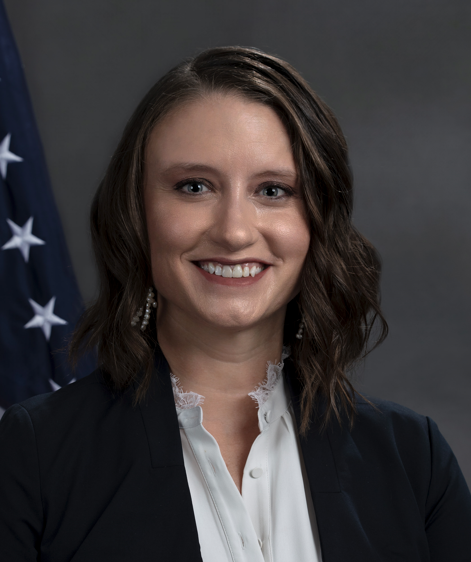
Lisa Bothwell, Esq.
Program Analyst, Office of Policy Analysis and Development, Center for Policy and Evaluation, Administration for Community Living
Lisa Bothwell is a Program Analyst in the Office of Policy Analysis and Development at the Administration for Community Living. Lisa provides recommendations on and develops health policies that promote independent living and incorporate disability rights and the rights of older adults based on feedback from the aging and disability networks, congressional reports, statutes, health studies, legislations, and other supporting data and materials. Areas of focus include telehealth, 1115 Medicaid waivers, effective communication, and assistive technology. Before ACL, Lisa worked as a Disability Integration Advisor in several different divisions of FEMA over six years, deploying to more than 15 disasters. Prior to joining the federal government, Lisa was a student attorney in law school focusing on Fair Housing Act conciliations and landlord-tenant racial and disability discrimination cases. Lisa also has experience working for several nonprofit organizations, including the Louisiana Protection and Advocacy agency and TDI. Lisa holds a Juris Doctor with a Civil Law Certificate from Loyola University-New Orleans and a B.A. in Mass Communications from Texas State University-San Marcos.
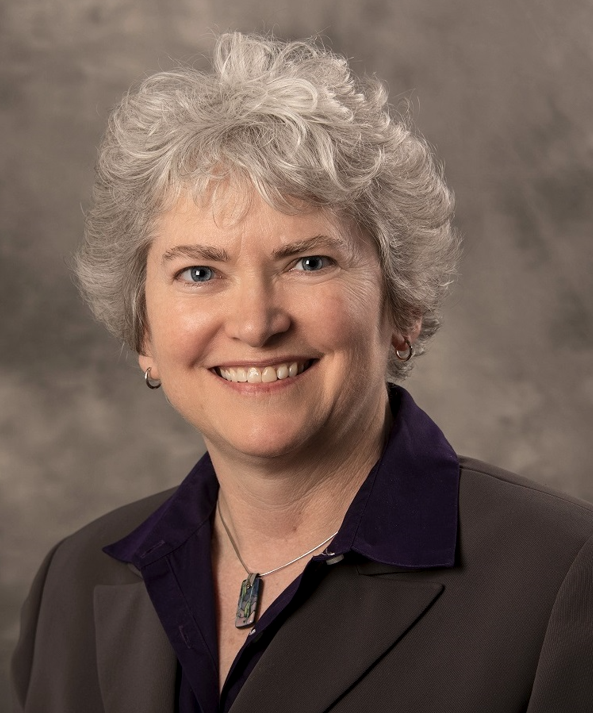
Jan Withers
Director, North Carolina Division of Services for the Deaf and Hard of Hearing
Past President, TDI
Board Member, National Association of State Agencies of the Deaf and Hard of Hearing
Jan Withers is the Director of the Division of Services for the Deaf and the Hard of Hearing (DSDHH), North Carolina Department of Health and Human Services. The Division is charged with providing technical assistance on policy and practice and developing resources designed to foster communication access in a wide range of settings, including but not limited to health care, social services, law enforcement, emergency preparedness and response, housing, and public health.
Director Withers served for five years as the President and Chair of the Board of Directors for TDIforAccess, the nation’s leading advocate for full accessibility in Information and Communications Technology. She began her professional career as a Licensed Professional Counselor for Deaf and Hard of Hearing children, specializing in family systems. She is a founding member and has served on the Board of Directors for the National Association of State Agencies of the Deaf and Hard of Hearing.
Director Withers received her Master’s Degree in Counseling from Gallaudet University and a Bachelor’s Degree from Davidson College.
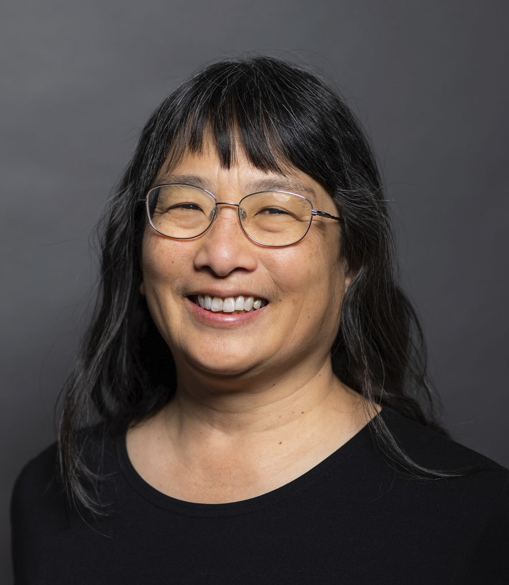
Kathy Wibberly, PhD
Director, Mid-Atlantic Telehealth Resource Center
Kathy is Director of the Mid-Atlantic Telehealth Resource Center (MATRC). TRC’s are federally funded to assist with telehealth program development and sustainability in order to increase access to quality care for rural and other underserved populations. Kathy is also Director of Research for the Karen S. Rheuban Center for Telehealth, Associate Research Professor of Public Health Sciences at the University of Virginia (UVA) School of Medicine and faculty member at the Healthy Appalachia Institute. Kathy’s public service career reflects over 30 years of experience in public health, public policy, program development, program evaluation and strategic planning. Kathy is an Appointed Member and Chair of the Rural Health Committee for the Universal Service Administrative Company (USAC) Board and is Vice President of the Virginia Telehealth Network Board. In her not so copious free time, Kathy enjoys playing competitive volleyball, recreational softball and trying her hand at wildlife photography.
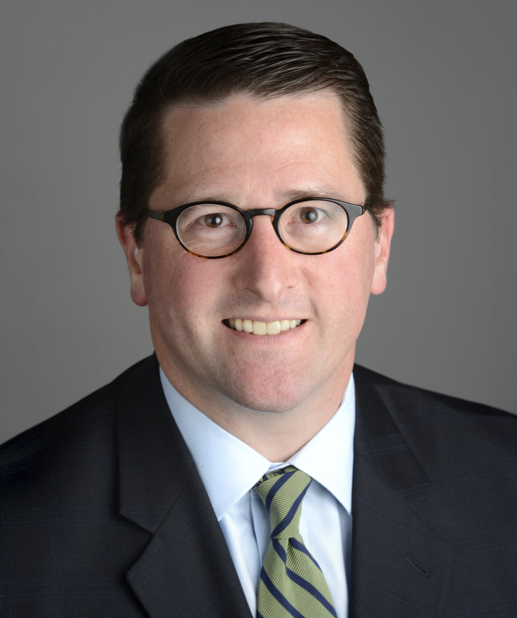
Robert C. Nutt. MD MPH
Medical Consultant - Disability Determination Services, Unit 21 - NC Department of Health and Human Services
Dr. Nutt currently serves the citizens of North Carolina as a Medical Consultant within NCDHHS Disability Determination Services. In clinical practice, Dr. Nutt has effectively applied clinical, educational, research, and public health themes to optimizing care for children with complex developmental and behavioral conditions and their families, demonstrating his dedication to the whole child and family and believes strongly in the accessibility and equitability of medical and public health services. Dr. Nutt has integrated telemedicine with clinic practice as school-based and community-based remote clinical encounters within residents’ continuity clinics, maintaining care of children with complex health needs during the COVID-19 pandemic, and most recently in private clinical practice as an integrated model for remote follow up encounters. Through his public service work, Dr. Nutt has driven improvements in health through state-wide initiatives, healthcare systems, regional and local agencies.
He has served on numerous task forces and advisory committees, including the American Academy of Pediatrics (AAP) Leadership Team on Early Hearing Detection and Intervention. In North Carolina, he was an invited member of the joint Institute of Medicine (NCIOM) Task Force, serves as the AAP Early Hearing Detection and Intervention (EHDI) Chapter Champion and on the Governor’s Council on the Deaf and Hard of Hearing.
